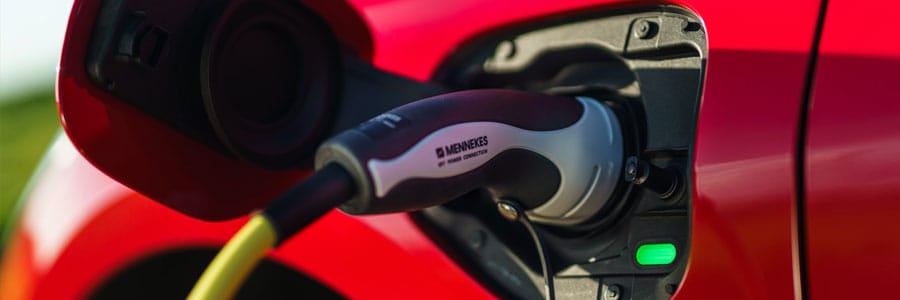More than £1000 to be saved by choosing the correct energy tariff for your EV

From the beginning of April, many households will be paying more for their electricity, including those drivers that charge up their electric business vehicles, thanks to an Ofgem energy price cap increase.
However, this can be mitigated by choosing one of the many well-priced tariffs that are being aimed at electric vehicle (EV) drivers from a variety of providers.
These new tariffs combine both household usage and EV charging thus lowering the overall cost to consumers. Typically, EV charging is cheapest at night while there is less load on the electricity grid. Smart home chargers can be programmed to charge cars at these times.
For example, Octopus Energy provides charging at 5p per kWh on renewable energy for four hours at night; taking a slightly different route, OVO has a flat rate of 6p per kWh for any time of the day for EV charging.
According to Rightcharge.co.uk, a comparison site that allows users to compare EV-friendly energy tariffs by taking their car into account as well as their home, the savings for a fleet driver can be as much as £1,250.
The company says the driver, covering 20,000 miles a year, would expect to pay £2,344 on a Standard Variable Tariff from one of the big six energy suppliers, which would include both household energy use and £1,300 for the charging of the vehicle. With the lifting of the Ofgem pricing cap in April, that total increases to £2,599 a year, including £1,454 for charging the same car, representing an annual price increase faced by the driver of £154 for just the charging alone.
“Some of the running cost benefits of an electric vehicle could be lost by drivers if they do not choose a suitable electric tariff,” commented Rob Marshall, Operations Director of Gateway2Lease. “It seems imprudent to lose some of the benefit in kind taxation savings by paying more to power up your electric car. We would encourage drivers to consider if they could save money by moving to a different tariff and enjoy the full benefits of EV driving.”
View our latest blog posts

Categories
Pages
We are a family run business based in rural Worcestershire. Our team of 38 staff are on hand to provide an exceptional service to personal and business customers.
Read More
